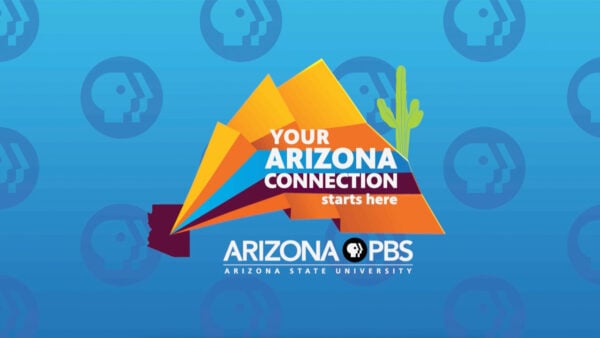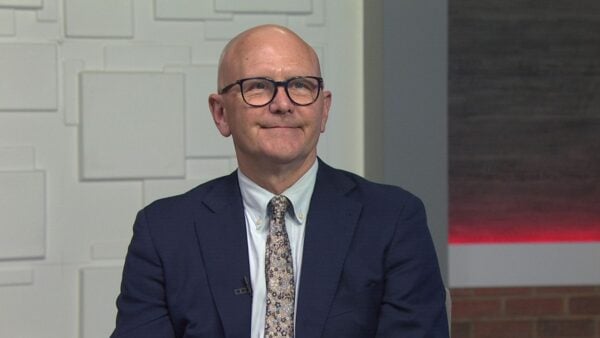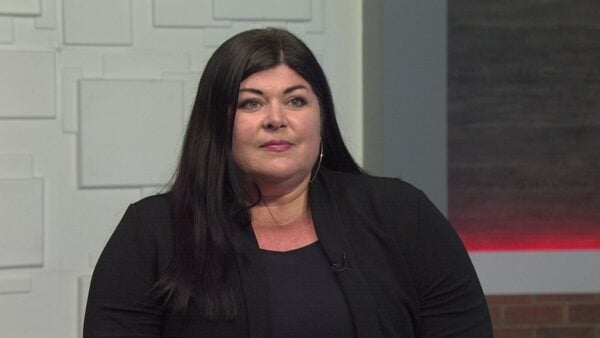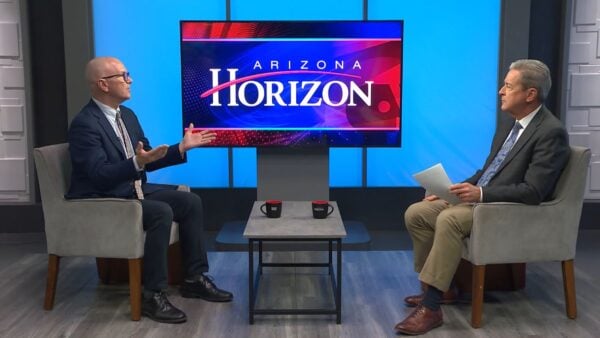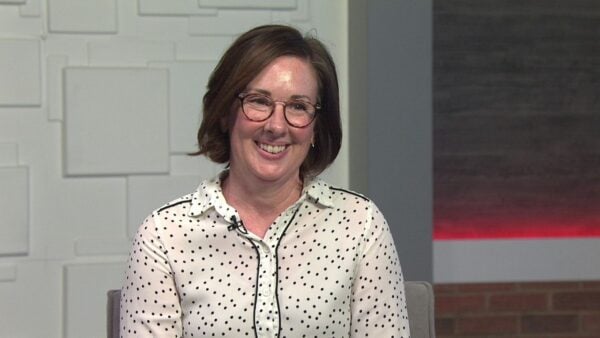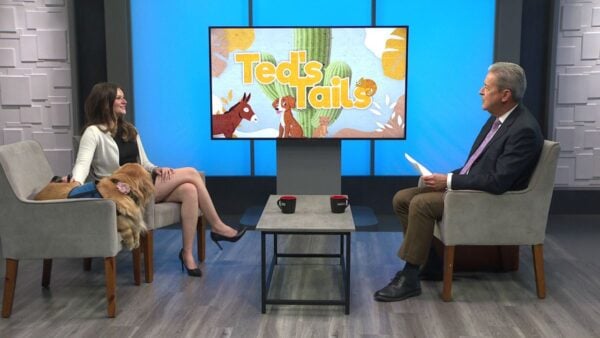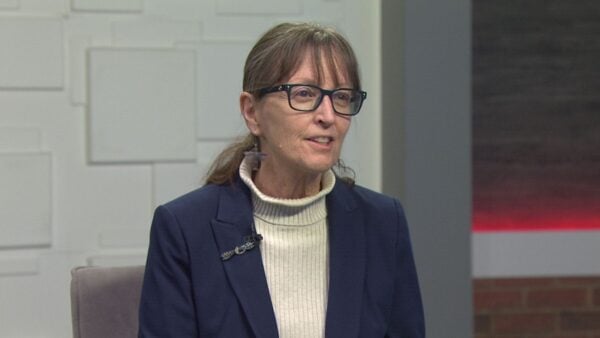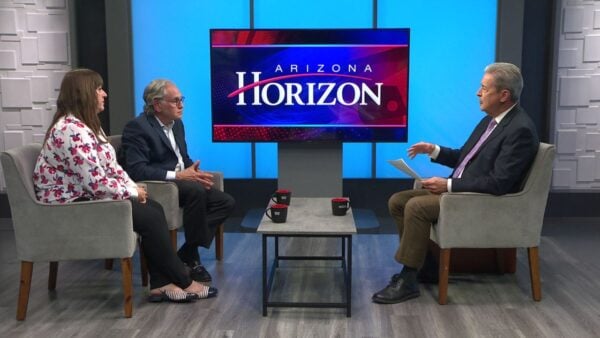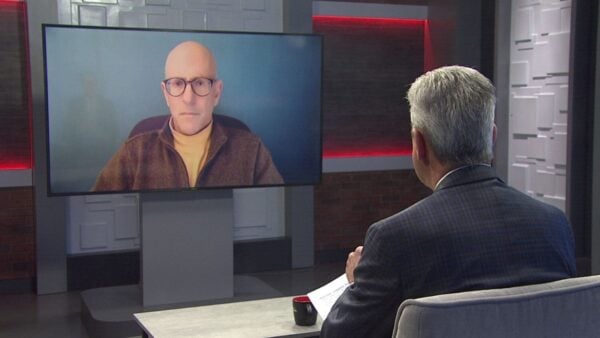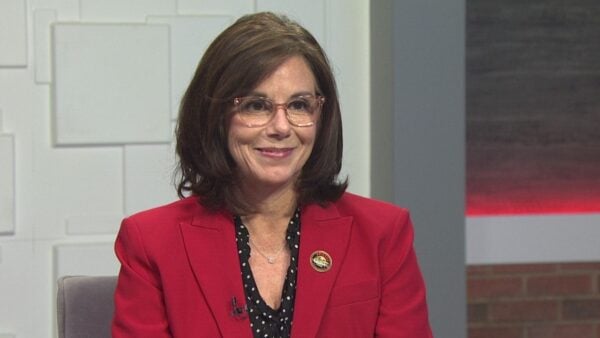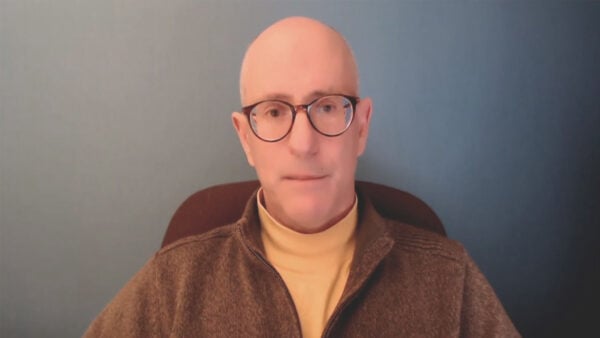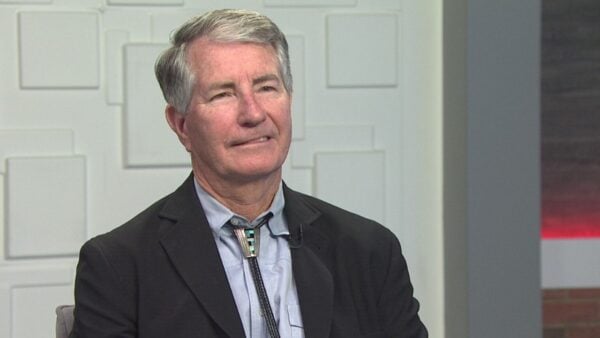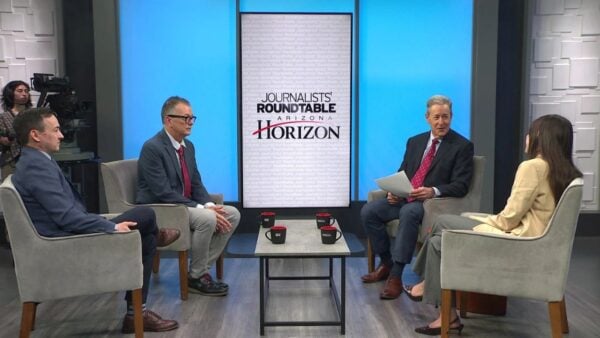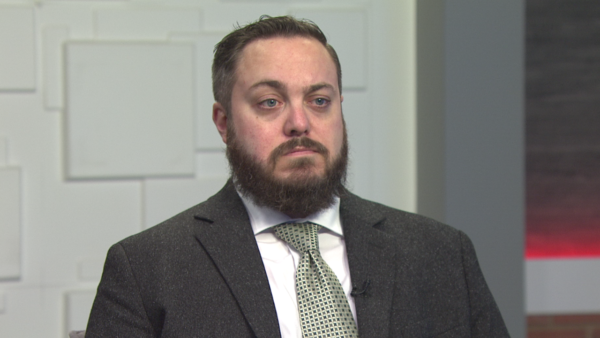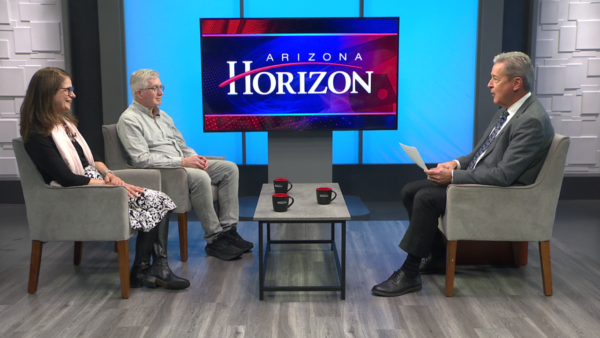ASU professor advances brain disorder studies
July 21, 2025
For World Brain Day, the World Health Organization reported that one in three people are affected by neurological conditions. This high prevalence makes neurological issues the leading cause of illness and disability worldwide.
Madeline Andrews, Assistant Professor at ASU’s School of Biological and Health Systems Engineering, joined “Arizona Horizon” to discuss how she is creating powerful tools to explore brain development, function and disease.
At ASU, Andrews advances her research, focusing on using stem cell-based model systems to unlock new insights into the complexities of neurological disorders.
“There’s different ways that you can study the brain, but obviously we can’t go into someone’s brain that’s alive and look at how their cells grow and change in the context of neurological diseases,” Andrews said. “And so what my lab does is we take blood or skin cells, often samples that are taken from kind of routine clinical assays, and then we can take them and reprogram them until they’re in this sort of developmental state, and then study how they change over time.”
Andrews explained the importance of glucose in the function of the brain and how it plays into their research.
“Glucose is the main energy fuel in the brain, and actually, when we eat various calories right, basically 20% or 25% of the glucose consumed into the body is utilized by the nervous system or the brain. And so it’s really, really important for how we break these fuel sources down into producing energy. And when these programs become disrupted, it can disrupt how the cells within the brain communicate,” Andrews said.
The impact of glucose is one of many things that are of importance in Andrews’ lab. She shared a few more areas of focus that they look into as well.
“Also very important, we’re interested in regulation. So during very early development, glucose metabolism is very important for the way that energy is used and produced. We’re also interested in the lipids or fats, how those are important for brain and body development and function. Cholesterol is also very important. And so there’s different sort of strategies that you can use to study different kinds of components and how they’re broken down and utilized,” Andrews said.


